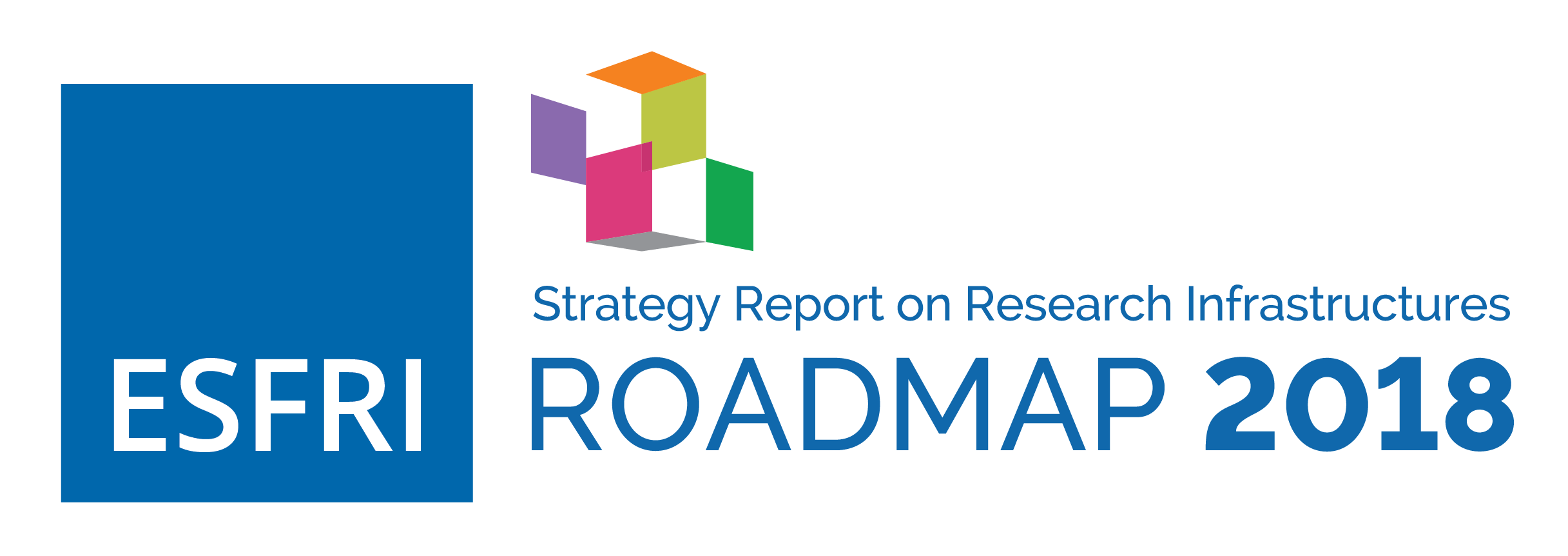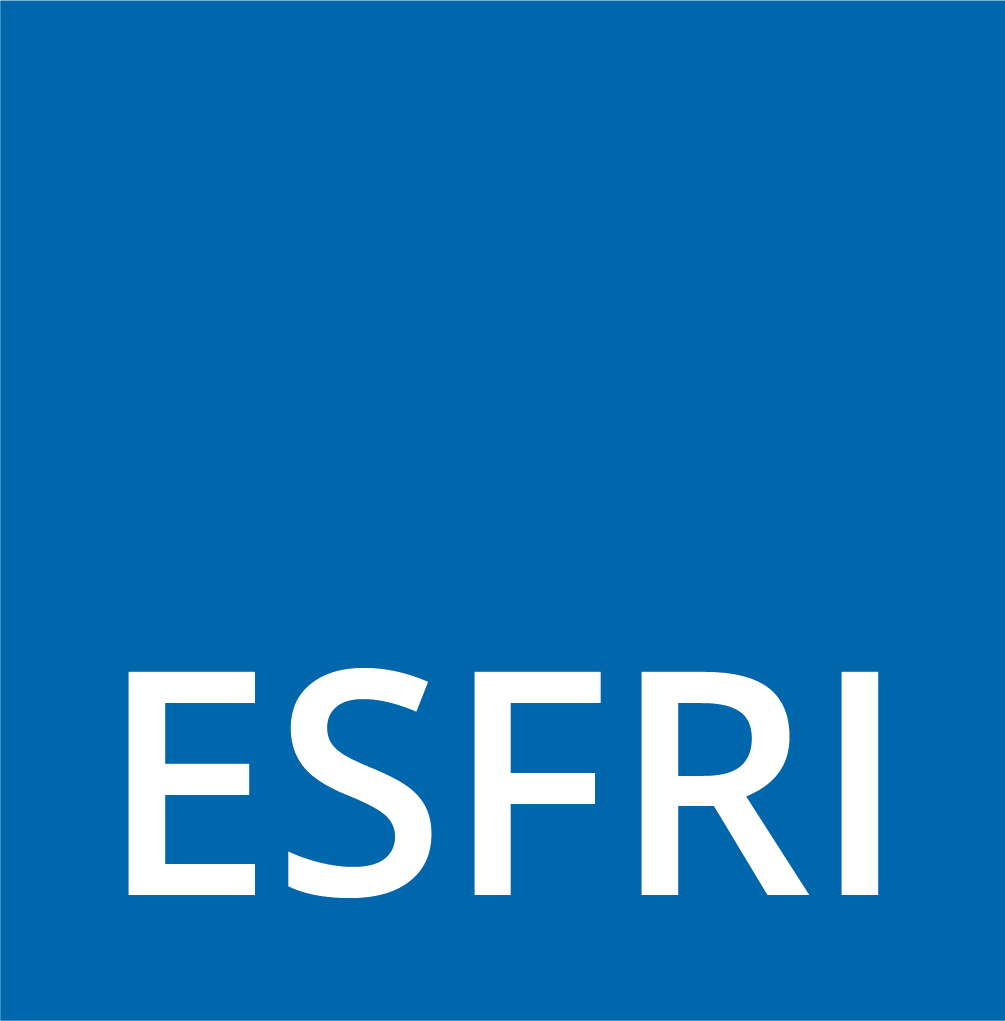The FAIR Data Revolution
The Open Data agenda has been driven steadily by the Health & Food distributed infrastructures in collaboration with relevant stakeholders. DNA sequencing technologies have revolutionised the life sciences, from basic biological research right through to biomedical, biotechnology and agri-food applications. High-throughput sequencing technologies now produce billions of bases of nucleotide data per experiment, at a low cost. There are now more opportunities to cross-fertilise different omics platforms, data sets and informatics. Imaging technology is producing vast amounts of data revealing life in unprecedented detail. Structural investigation technologies are also accumulating data at a rate in excess of Moore’s law. Cloud computing is estimated to reach a total cumulative gain of 940 billion € in the period 2015-2020. The life science sector is an intensive user of High Performance Computing and it is expected this will increase further BiologyThe big challenges of big data. Marx, V. Nature 498, 255-260, 2013Quantitative Estimates of the Demand for Cloud Computing in Europe and the Likely Barriers to Uptake, 2012 http://ec.europa.eu/information_society/newsroom/cf/dae/document.cfm?doc_id=1115e-IRG White Papers, 2014 http://e-irg.eu/white-papers. The data and knowledge generated are contributing to extend the boundaries of frontier and applied research, and to respond to the Health & Food challenges. This will increase opportunities for all stakeholders to be part of the landscape and build competencies, regardless of whether they have the RI in their own country.
ESFRI Health & Food RIs are at the heart of realising the data revolution, by providing pan-European access to the specialised research services and data, suitably open for innovation by industry. A growing number of European and National RIs and projects are established following the EC recommendationon access to and preservation of scientific informationCommission Recommendation, 2012. https://bit.ly/20kxYvB. Some e-Infrastructure projects – i.e. OpenAire – offer infrastructure for researchers to support them in complying with the EC Open Access pilot and the ERC Guidelines on Open Access. The European Charter for Access to RIsEuropean Charter for Access to RIs, 2015 https://ec.europa.eu/research/infrastructures/pdf/2016_charterforaccessto-ris.pdf sets out non-regulatory principles and guidelines for defining access policies for RIs. The Charter promotes interaction with a wide range of social and economic activities, including industry and public services, to maximise the return on investment in RIs and to drive innovation, competitiveness and efficiency. A number of e-RI projects address Data Management Policy in coordination and synergy with Health & Food RIsTowards coordination of international support of core data resources for the life sciences. Anderson et al., 2017 https://www.biorxiv.org/content/early/2017/04/27/110825, e.g. BioMedBridges Charter for Data SharingBioMedBridges, Principles of data management and sharing at European RIs. 2014. http://www.biomedbridges.eu/sites/biomedbridges.eu/files/documents/biomedbridges-principles-of-datamanagement-and-sharing-at-ris_.pdf, or in the ERIC process. FAIRDOMFAIRDOM https://www.fairdomhub.org/ is an internationally sustained service to manage project data from instrument to publication since 2008. Establishing good data and model management practices ensures that data and models are findable, accessible, interoperable and reusable (FAIR). The high-level FAIR Guiding PrinciplesThe FAIR Guiding Principles for scientific data management and stewardship https://www.nature.com/articles/sdata201618 were established to precede implementation choices, and do not suggest any specific technology, standard, or implementation-solution. They act as a guide to data publishers and stewards to assist them in evaluating whether their particular implementation choices are rendering their digital research artefacts Findable, Accessible, Interoperable, and Reusable. It is anticipated that these high level principles will enable a broad range of integrative and exploratory behaviours, based on a wide range of technology choices and implementations. Indeed, many repositories are already implementing various aspects of FAIR using a variety of technology choices. ESFRI Health & Food RIs are playing a key role in the promotion and implementation of these principles. In addition, life sciences research relies extensively upon a set of core resources that archive, curate, integrate, analyse, and enable ready access to data, information, and knowledge generated worldwide by hundreds of thousands of researchers. The sustainability of core data resources is being discussed internationally, with the ESFRI Landmark ELIXIR playing a key roleData management: A global coalition to sustain core data https://www.nature.com/articles/543179a.
The FP7 BioMedBridges and the H2020 CORBEL projects represent a successful joint effort of Health & Food RIs to develop common approaches and standards for data integration in the biological, medical, translational and clinical domains. The ESFRI Landmark INSTRUCT ERIC has developed ARIA, a platform for harmonised user access to biological and medical technologies, biological samples and data services required by cutting-edge research. Within CORBEL, the ARIA platform has been further optimised for integrated access to multiple RIs. The current global research data landscape is highly fragmented, by disciplines or by domains, from oceanography, life sciences and health, to agriculture, space and climate. Health & Food RI experts participate actively in the Research Data AllianceThe Research Data Alliance is supported by The Australian Commonwealth Government through the Australian National Data Service supported by the National Collaborative Research Infrastructure Strategy Program and the Education Investment Fund (EIF) Super Science Initiative, the European Commission through the RDA Europe project funded under the 7th Framework Program and the United States of America through the RDA/US activity funded by the National Science Foundation and other U.S. agencies., a high profile international initiative - over 2.500 membership from 92 countries - aiming at building the social and technical bridges across these areas that enable open sharing of data. Health & Food RIs are also contributing to shape the European Open Science Cloud (EOSC), an EC-led initiative aiming at interconnecting existing Research Infrastructures to offer European researchers and professionals a virtual environment to store, share and re-use their data across disciplines and borders. EOSC will be underpinned by the European Data Infrastructure, deploying the high-bandwidth networks, large scale storage facilities and super-computer capacity necessary to effectively access and process large datasets stored in the cloud. The ESFRI Landmarks ELIXIR, ECRIN ERIC, INSTRUCT ERIC and BBMRI ERIC are participating actively in EOSC Pilot. The EOSC’s Stakeholder Forum in November 2017 attracted all Health & Food RIs to help define EOSC future. A group of EU member states is preparing the GO FAIR initiative, which is a proposal for the practical implementation of the EOSC initiated in the life sciences domain by the ELIXIR node DTL in The Netherlands among others. The current H2020 WP2018-20 for Research Infrastructures includes a call for cluster projects targeted to ESFRI projects and landmarks in all domains: Biomedical Sciences, Environment and Earth Sciences, Physics and Analytical Facilities, Social Sciences and Humanities, Astronomy, Energy. Research Infrastructures can only participate in one cluster. Further efforts may be required to promote and facilitate the interaction between domains and to avoid fragmentation of the data continuum.
The Open Access concept is widely accepted and promoted by ESFRI Landmarks in Health & Food. The ESFRI Landmark BBMRI ERIC and its Common Service ELSI aim at facilitating and supporting cross-border exchanges of human biological resources and data attached for research uses, whilst giving proper consideration of ethical, legal and social issues. The ESFRI Landmark INSTRUCT ERIC has adopted a data policy that specifically encourages its users to make their data open and mandates the development of the required tools. The ESFRI Landmark ELIXIR, together with the ESFRI Landmark CLARIN ERIC (Common Language Resources and Technology Infrastructure, SCI) and ESFRI Landmark DARIAH ERIC (Digital Research Infrastructure for the Arts and Humanities, SCI), in the social sciences and humanities, and the DASISH cluster project, have endorsed the eduGAIN Data Protection Code of Conduct. Health & Food RIs are actively managing all aspects related to the implementation of the new General Data Protection Regulation (GDPR), effective from May 2018. The GDPR applies to both automated personal data and to manual filing systems where personal data are accessible according to specific criteria.




